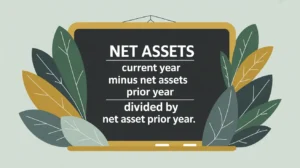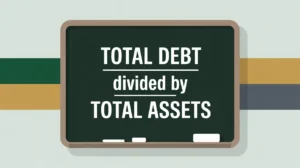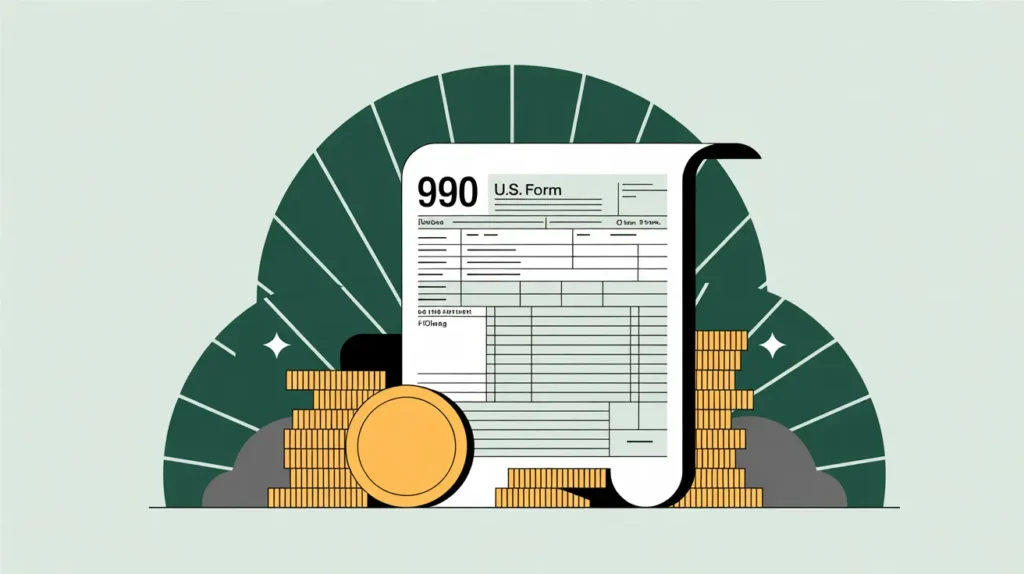Importance of OMB Uniform Guidance (2 CFR 200)
OMB Uniform Guidance (2 CFR 200) establishes the rules and requirements for managing U.S. federal grants, ensuring consistent application across all recipients. This matters because nonprofits that receive federal funds must demonstrate compliance with cost principles, administrative requirements, and audit standards. For nonprofits in social innovation and international development, Uniform Guidance governs how billions of dollars in U.S. foreign aid and domestic grants are spent. Boards and leadership value it because adherence reduces compliance risks and secures continued access to federal funding.
Definition and Features
OMB Uniform Guidance (2 CFR 200) is defined as a U.S. federal regulation issued by the Office of Management and Budget (OMB) that consolidates and streamlines requirements for federal awards. Key features include:
- Administrative Rules: procurement, reporting, and record-keeping requirements.
- Cost Principles: rules for allowable vs. unallowable costs.
- Audit Requirements: thresholds and procedures for Single Audits.
- Indirect Costs: establishes standards for negotiated indirect cost rates (NICRA) and de minimis rates.
Uniform Guidance differs from general accounting standards because it governs compliance with federal grants, not overall financial reporting.
How This Works in Practice
In practice, nonprofits follow Uniform Guidance when managing U.S. federal funds. For example, an NGO receiving a $10 million USAID grant must ensure procurement follows competitive bidding rules, time and effort reporting meets federal standards, and unallowable costs (e.g., alcohol, lobbying) are excluded. Finance teams set up systems aligned with OMB requirements, compliance officers monitor adherence, and auditors test compliance during the Single Audit process. Boards and audit committees review risks associated with federal funding.
Implications for Social Innovation
For nonprofits in social innovation and international development, OMB Uniform Guidance ensures transparency and accountability in managing public resources. Compliance reduces information asymmetry by demonstrating to taxpayers, donors, and regulators that federal funds are used as intended. Donors value organizations that consistently meet OMB standards, while nonprofits benefit from continued eligibility for large-scale U.S. government grants. By embedding Uniform Guidance into policies and systems, organizations can strengthen credibility, expand funding opportunities, and sustain systemic change.







